16 December 2024
Virtual reality (VR) gaming is like stepping into a whole new dimension. One minute, you’re chilling on your sofa, and the next, you’re dodging enemies, exploring alien planets, or solving puzzles in realms you never imagined you’d visit. Sounds thrilling, right? It’s no wonder this tech has taken the gaming world by storm. But here’s the catch: for many gamers, the immersive experience of VR isn’t just fun—it’s borderline addictive.
Ever wonder what makes some players lose track of time (and sometimes reality) in these virtual worlds? Let’s dive deep into the psychology behind VR gaming addiction, explore the triggers, and uncover why this captivating technology pulls people in like moths to a flame.
Why Is VR Gaming So Addictive?
To understand why VR games are so hard to put down, we need to break down the magic of the experience. VR doesn’t just let you play a game—it transports you into it. You’re no longer a spectator maneuvering a character on a flat screen; you’re the hero, the explorer, the main event. That shift alone is a game-changer (pun intended).But what’s really going on in our brains? Well, let’s unpack it.
1. Total Immersion Equals Total Escape
Think about how traditional games let you escape from real-life stress for a while. Now crank that up 100 times. VR doesn’t just let you forget your deadlines or chores—it places you in a completely different world. When you're wearing that headset, reality fades away. Suddenly, you’re in the heart of the action: slaying dragons, commanding armies, or walking through a hyper-realistic forest. It’s not just playing a game—it's living it.For some, this escape becomes irresistible. Stressed out from work or school? Feeling lonely or bored? VR becomes the ultimate getaway—a place where problems vanish, and you’re the one in control. And who wouldn’t want that?
2. Dopamine: The Brain’s Pleasure Hormone
Let’s talk biology for a second. Every time you achieve something in a game—whether it’s leveling up, beating a boss, or snagging a rare item—your brain gives you a little reward: dopamine. This feel-good hormone is like a pat on the back, making you feel accomplished and, well, happy.In VR, this reward system gets supercharged. Why? Because the achievements feel real. When you swing that sword or solve that tricky puzzle, it’s as if you’re physically doing it. Your brain can’t always differentiate between virtual and real-world success, which means the dopamine hit is just as potent. It's a cycle: accomplishment leads to pleasure, which keeps you coming back for more.
3. Social VR: The New Hangout Spot
Human beings are social creatures. We crave connection, whether it's hanging out with friends or engaging in friendly competition. VR has tapped into this innate need with multiplayer experiences that make you feel like you’re actually standing next to someone—even if they’re miles away.Platforms like VRChat or multiplayer games like Rec Room let players interact in ways regular games can’t. No emojis or text chats here; it’s all about body language, gestures, and real-time conversations. For some, these virtual spaces become their social hubs. Loneliness? Not in VR. But this social aspect can also make the experience even harder to leave behind.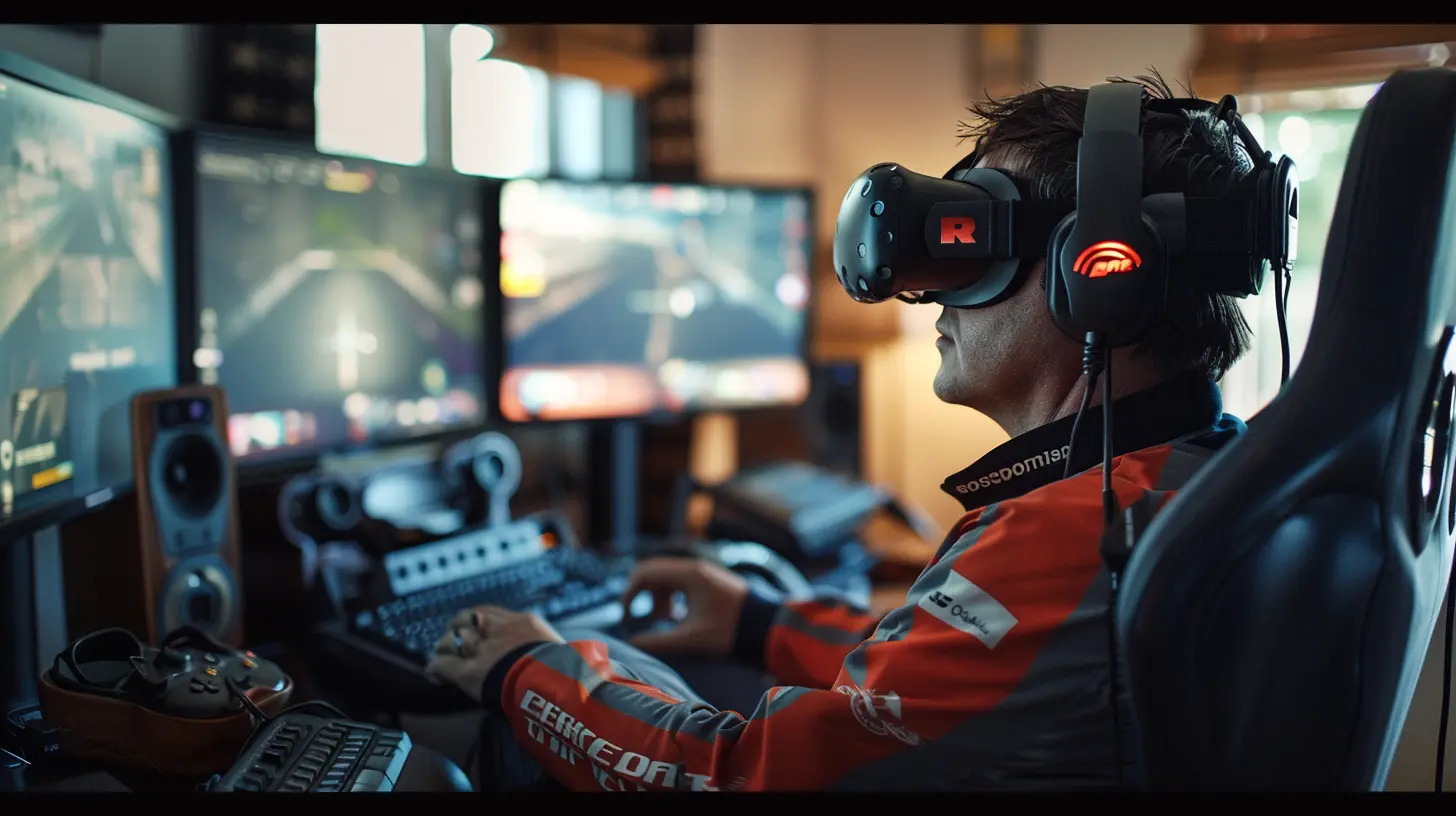
The Psychological Triggers Behind VR Addiction
So, why do some people get hooked on VR gaming while others can play casually and walk away? The answer lies in a mix of psychological triggers that VR magnifies like no other medium.1. The Sense of Presence
Presence. It’s the big buzzword in VR. When the experience feels so real, it’s easy for your brain to lose track of what’s virtual and what’s not. This “sense of presence” can be both thrilling and dangerous. In fact, studies show that high levels of presence can lead to deeper emotional investments in the game—even to the point of becoming obsessed.Have you ever woken up from a dream so vivid that it took you a moment to figure out it wasn’t real? VR has the same effect. It tricks your mind into thinking, “This is happening,” and that makes it tough to unplug.
2. Variable Rewards: The Slot Machine Effect
Game developers are no strangers to psychology. Many VR games use “variable rewards” to keep you hooked. What’s that? Think of it as the same mechanism that keeps people glued to slot machines. You never know when you’re going to hit the jackpot—or in gaming terms, when you’ll find that rare item or unlock a hidden secret.This unpredictability creates anticipation and excitement, which can quickly spiral into hours spent chasing the next big “win.” Combine that with the immersive nature of VR, and you’ve got a recipe for addiction.
3. FOMO: Fear of Missing Out
Ah, FOMO—it gets us all. VR games often have a social or competitive element, whether it’s a limited-time event or leaderboards that rank players. Missing out on a seasonal reward or falling behind friends can create anxiety and push people to log in “just one more time.” Spoiler alert: it’s never just one more time.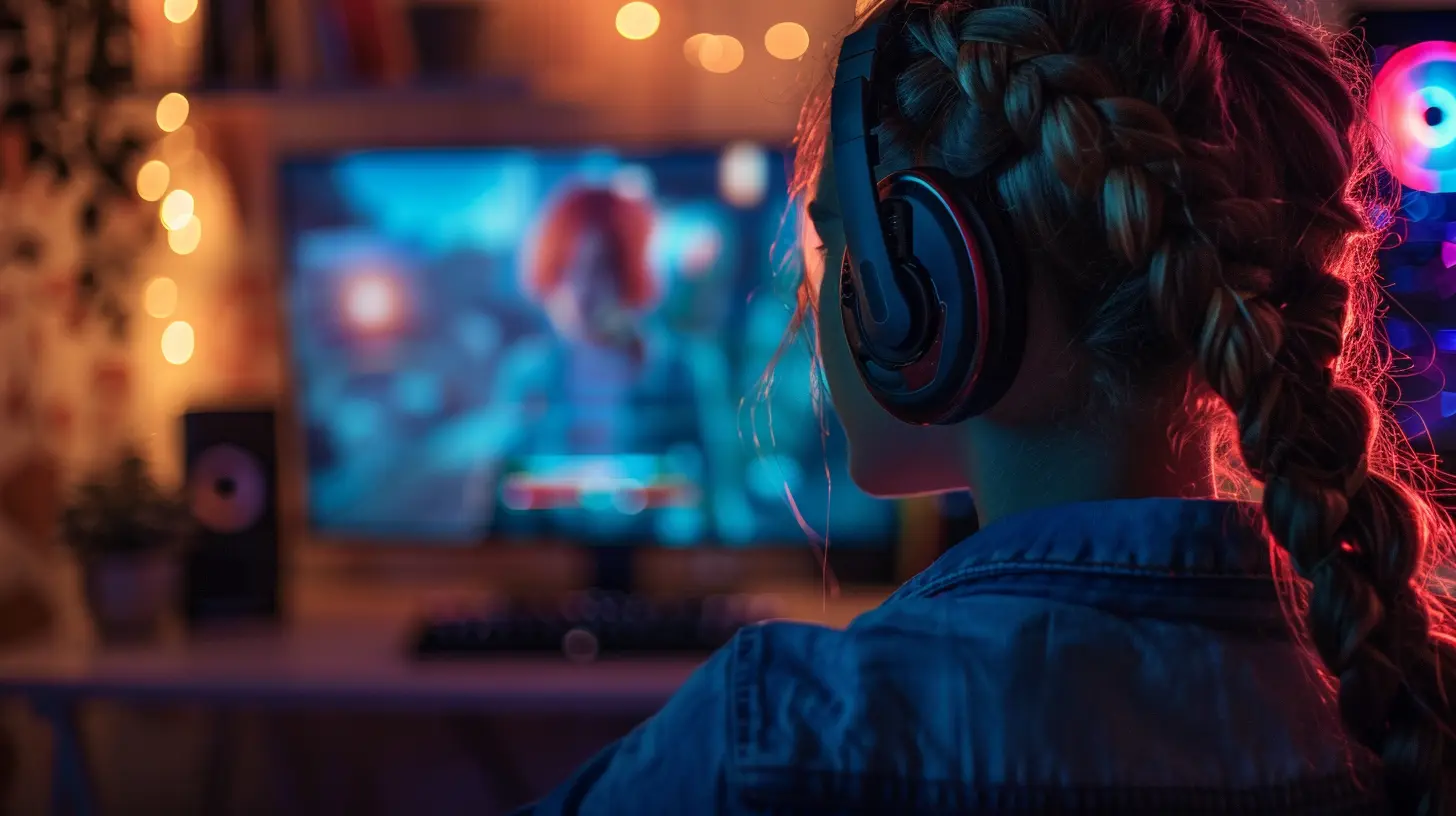
The Impact of VR Gaming Addiction on Mental Health
Okay, so we’ve established that VR gaming can be addictive, but what’s the fallout? When gaming crosses the line from hobby to compulsion, it can start messing with your mental health.1. Escapism Gone Too Far
While there’s nothing wrong with a little escapism (we all need to de-stress!), VR can make it easy to avoid reality entirely. For some, the virtual world becomes more appealing than the real one. Over time, responsibilities, relationships, and even self-care get neglected.2. Isolation in the Name of Connection
Ironically, while VR gives players the chance to socialize, excessive gaming can lead to real-world isolation. Spending hours in a headset might mean less time with family, friends, or even co-workers. And that balance is crucial—virtual connections can’t fully replace face-to-face interactions.3. Physical and Mental Strain
Let’s not forget the physical toll. Spending hours in VR can lead to “cybersickness” (like motion sickness), eye strain, and even poor posture. Meanwhile, mental health struggles like anxiety or depression can worsen if gaming becomes a coping mechanism rather than a fun activity.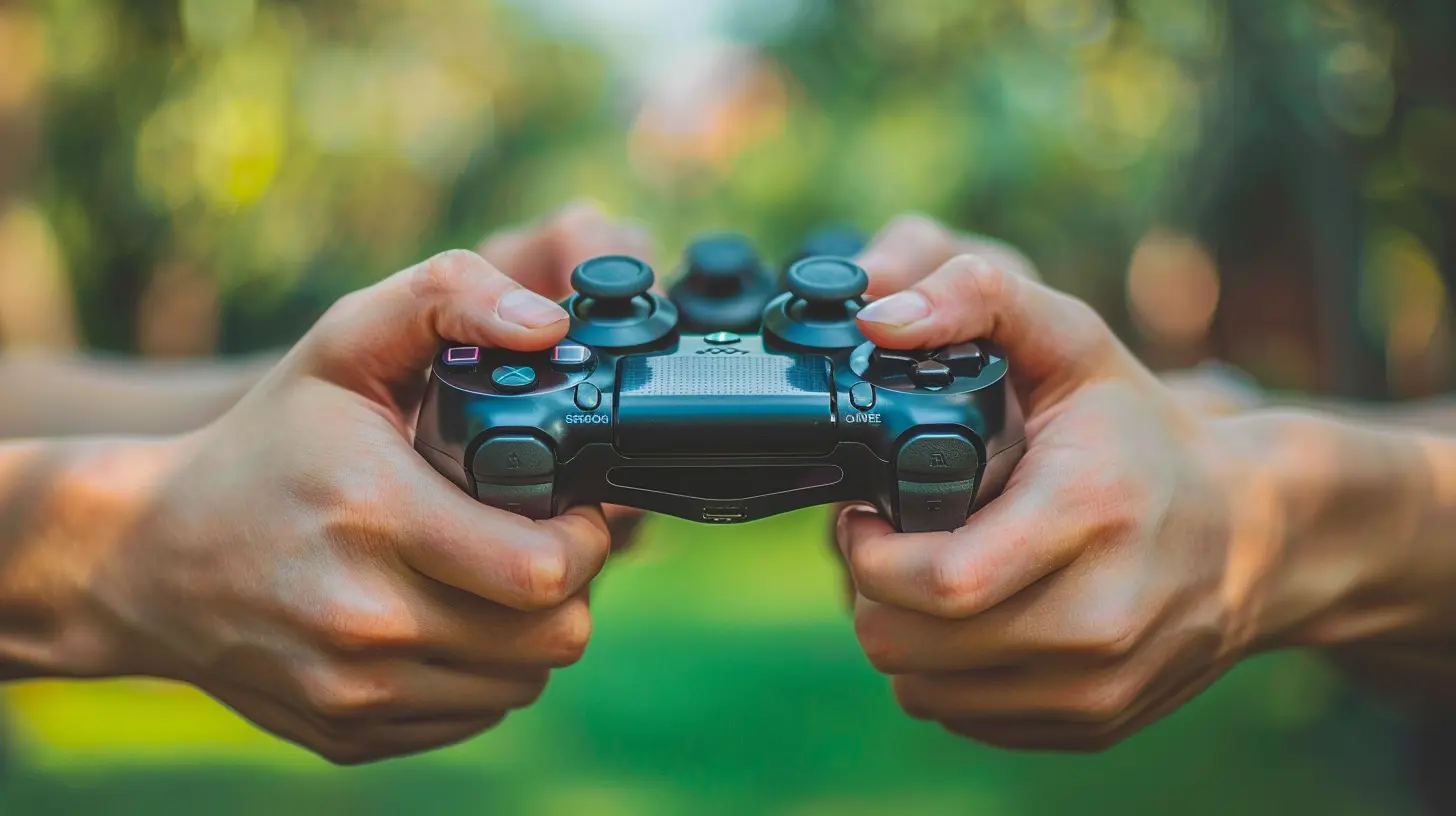
How to Enjoy VR Without Falling Into Addiction
Not all VR enthusiasts get addicted. The key is balance. Here are a few tips to keep your gaming healthy and fun:- Set Time Limits: Use alarms or reminders to take breaks. Trust me, 10 minutes can turn into hours before you know it.
- Stay Grounded: Balance virtual adventures with real-world hobbies or activities.
- Prioritize Responsibilities: Make sure gaming doesn’t come at the cost of work, school, or relationships.
- Ask for Help: If you feel like you’re losing control, there’s no shame in talking to a friend or a professional.
Final Thoughts: The Allure (and Danger) of VR Gaming
Virtual reality gaming is undeniably awesome. It pushes boundaries, redefines entertainment, and lets us experience the unimaginable. But like any powerful tool, it has its risks. The line between fun and addiction is blurry—and it’s up to us as gamers to walk that line carefully.So, the next time you strap on that headset, maybe ask yourself: Am I playing for fun, or am I escaping something? Finding the right balance can make the difference between an immersive hobby and a problematic habit.



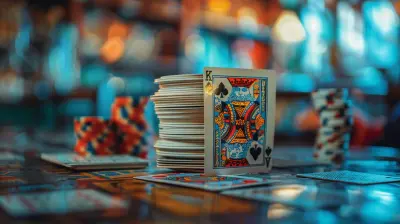



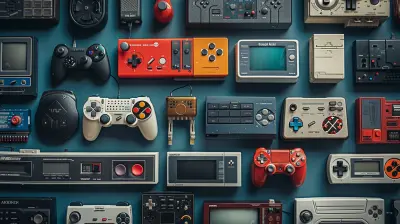


Hesper Huffman
Virtual reality gaming addiction exposes our deepest desires for escape; it’s not escapism, it's a powerful mirror reflecting our lives.
February 7, 2025 at 4:25 PM